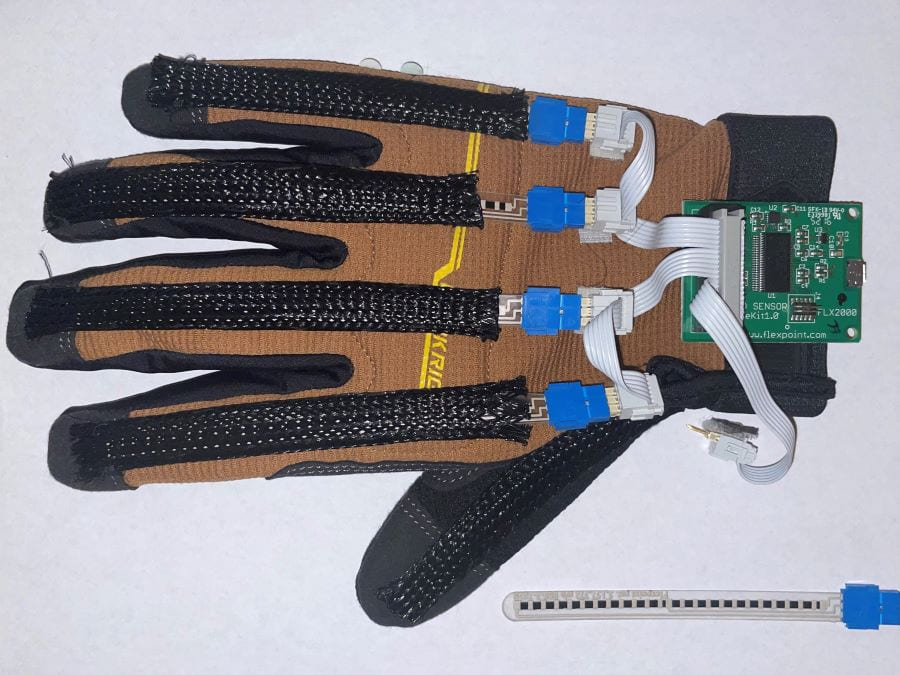The Spring 2021 Nevada State Undergraduate Research Symposium, an event that highlights student research, creative and scholarly projects, was put on by the office of Undergraduate Research, part of Research & Innovation at the University of Nevada, Reno. During the May 4, 2021, symposium, 118 undergraduate students gave presentations in a conference format over Zoom.
After a tough academic year due to the COVID-19 pandemic, Tanya Kelley, director of Undergraduate Research, explained the theme of this year’s symposium was resilience. Many students continued with their research projects despite the pandemic presenting challenges, which is a testament to student persistence.
“Resilience does not always equate with a feeling of euphoria, but rather learning how to persevere and succeed regardless of any situation. This year provided an extremely concrete example of resilience with the societal adaptations required from the COVID-19 pandemic. However, adaptability and resilience are skills that all people need in order to thrive as successful adults,” she said.
Kelley noted that in 2021, there was a rise in social-science research projects and an “increasing focus on diversity and equity research.” Many projects were funded by one of the awards available through Undergraduate Research. Undergraduate students can apply for paid research opportunities, including the Pack Research Experience Program (PREP), an opportunity exclusively for freshman and sophomore students that was doubled in 2020 due to additional funding through Research & Innovation. PREP will have a fall cohort for the first time in 2021, with 20 funded awardees starting on their research experiences.
As students progress through the research process, they gain practical professional experience, and the symposium provides another opportunity to develop these skills. By designing a poster and presenting their research to an audience, Kelley said participants gain “an edge in graduate school, internships and future professional positions.”
Some student participants expanded on their research experiences at the symposium, many of them expressing how beneficial this experience will be to their future. Jennifer Lala-Quito, a freshman and PREP awardee working with K.D. Joshi, professor of information systems in the College of Business, conducted research looking into why there are fewer Hispanics in the information technology field. She explained while the research process can be intimidating to an undergraduate student, it is still a worthwhile experience she recommends.
“It's a learning experience,” Lala-Quito said. “At first, you’re going to feel really overwhelmed especially if you haven't done research. But as you [continue], everything starts to make sense, so I definitely think it's something you have to go through with.”
Working with College of Engineering Associate Professor Yantao Shen, Anjana Dissanayaka developed a “hand-gesture capture glove” to translate American Sign Language. A McNair scholar and recipient of a National Science Foundation EPSCoR grant, Dissanayaka described the opportunity as amazing and noted the support of these funding sources as being “fundamental to this research work.”
Hanna Grisell, a senior and recipient of the Nevada Undergraduate Research Award (NURA), worked with Assistant Professor Eric Crosbie in the School of Community Health Sciences to research how the state-preemption of sugar-sweetened beverage taxes in Oregon and Washington can inform public health efforts. She described how the symposium, in addition to her research project, poses a great opportunity for undergraduate students.
“I want to go to grad school, so this is setting me up,” she said. “Not a lot of people have done a presentation on something like this that you've researched, so bottom line, it's a great opportunity and I'm so happy that I did it.”
Crosbie commented on the numerous benefits of research for undergraduate students. Through research projects, Crosbie said students can discover topics they like (or do not), network with others, publish their research and then present on it in a professional environment like the symposium. As a mentor for a few research projects, he said seeing students go through this process is rewarding.
“These students are talented and have so many skill sets,” he said. “What the funding has enabled them to do is conduct this research and learn and take the time, and it's also provided us mentors with that opportunity as well.”












